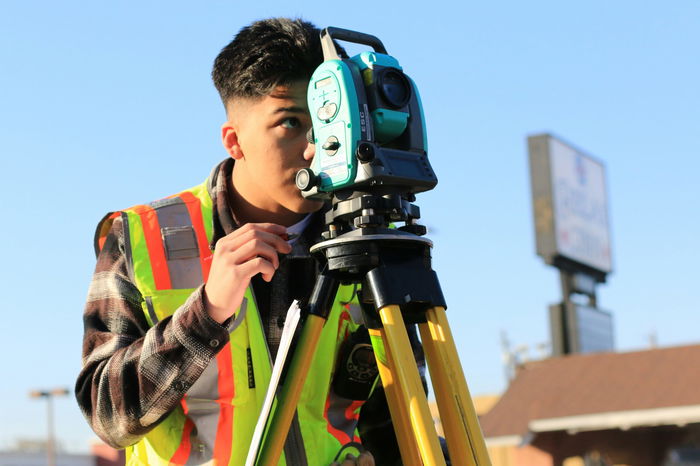Work-based learning is critical to strengthening our nation’s workforce. As employers in many industries struggle to find skilled talent and millions of people seek pathways to quality careers, it’s essential to better connect education with real-world workplace experiences. When done well, work-based learning helps high school students, college learners, and adults at all stages of life build on-the-job skills, gain industry insights, and develop professional connections to enter, succeed, and advance in their careers.
Jobs for the Future (JFF) has partnered with hundreds of organizations at the local, regional, state, and national levels to design and implement effective work-based learning programs across a wide range of industries, from manufacturing to health care.
Now we’re excited to share what works—through our updated and action-oriented Work-Based Learning Framework. It features new quality indicators and program exemplars from across the country to guide educators, employers, workforce professionals, correctional officers, policymakers, and anyone else who wants to design and operate high-quality work-based learning programs.


